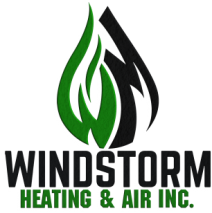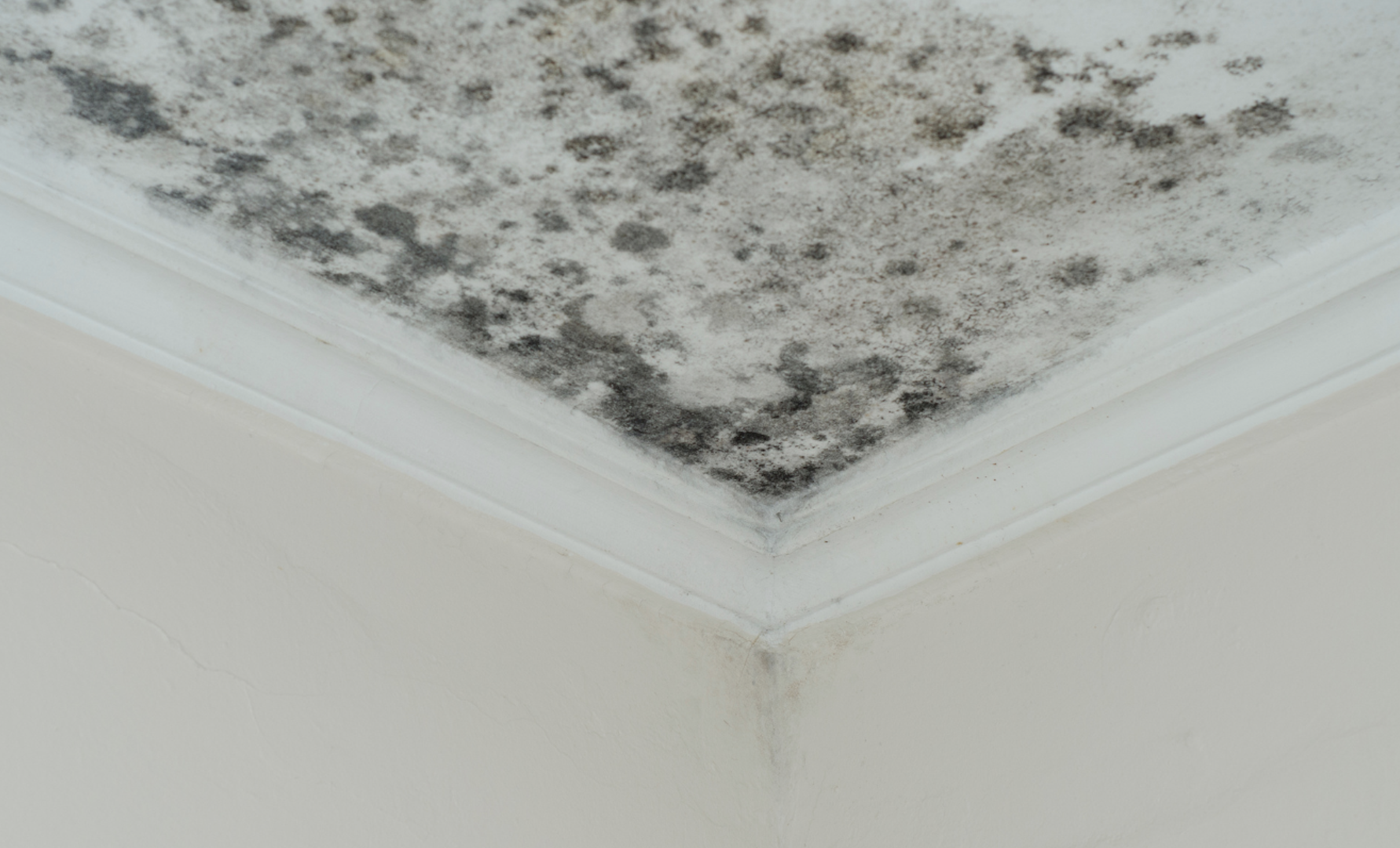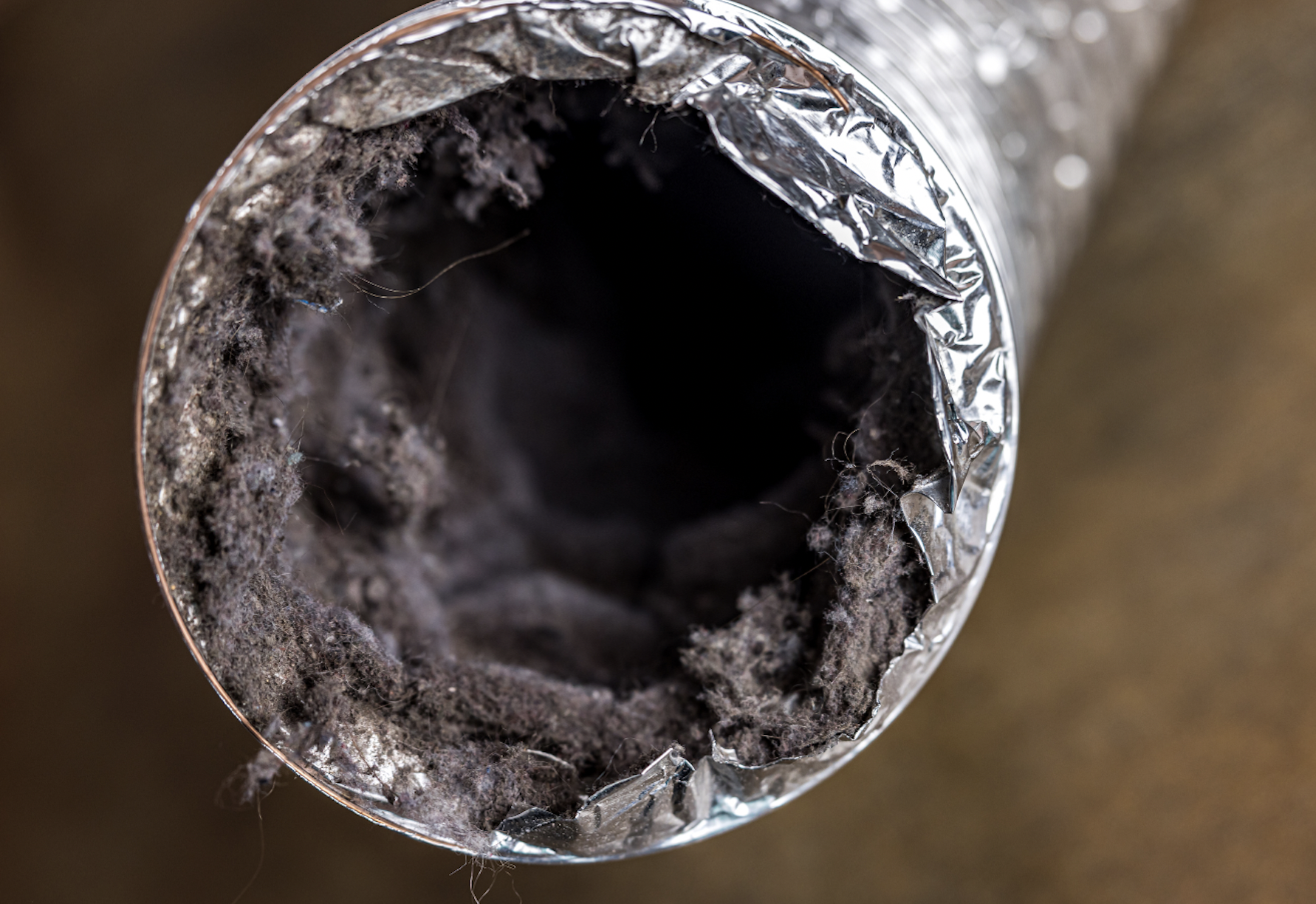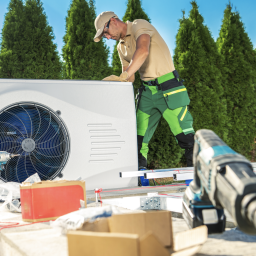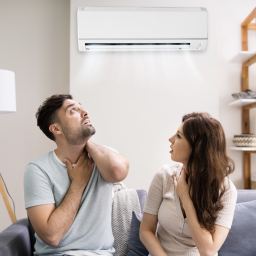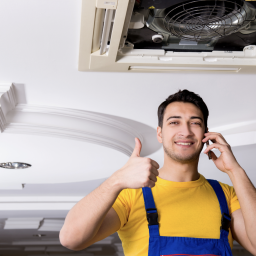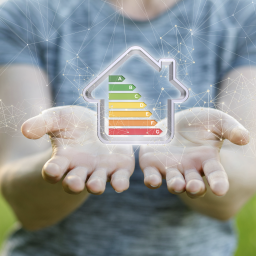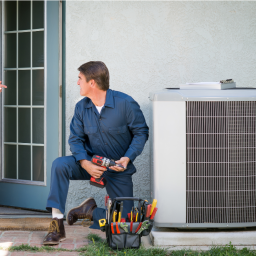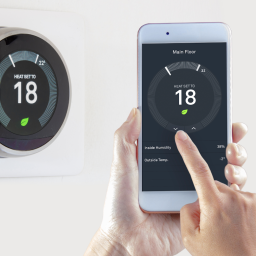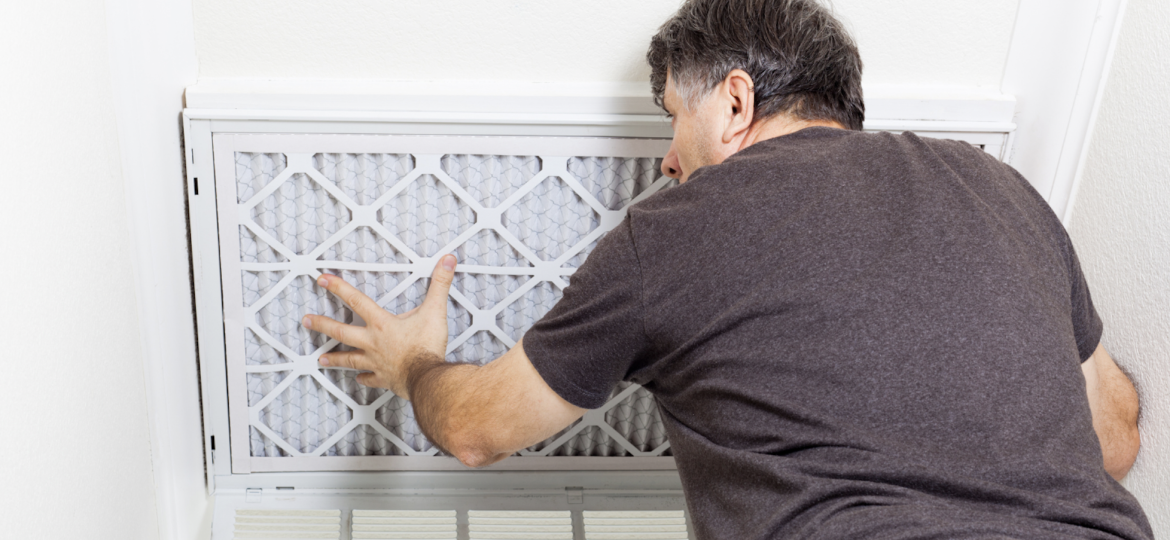
Breathe Easy: HVAC Tips for Allergy Sufferers
If you’re an allergy sufferer, you know how important it is to have clean air at home. Did you know that indoor air can be 2-5 times more polluted than outdoor air? That’s why it’s crucial to focus on your indoor air quality (IAQ), especially if you have allergies. Let’s explore how your HVAC system can help you breathe easier and keep those pesky allergens away.
Key Takeaways
- Indoor air can be significantly more polluted than outdoor air
- HVAC systems play a vital role in maintaining good indoor air quality
- Regular maintenance and proper filtration are essential for allergy relief
- Controlling humidity and ensuring good ventilation can reduce allergens
- Advanced HVAC features like whole-house air purifiers can provide additional relief
- Seasonal adjustments to your HVAC strategy can help manage changing allergy triggers
Why Indoor Air Quality Matters
Poor indoor air quality can cause all sorts of problems, from sneezing and coughing to more serious health issues. For allergy sufferers, it’s even more important to keep the air clean. Your HVAC system plays a big role in this. It’s not just about keeping you warm or cool – it’s also about filtering out the stuff that makes you sneeze!
Here are some key things to remember about indoor air quality:
Key Facts About Indoor Air Quality
- Indoor air can be 2-5 times more polluted than outdoor air
- HVAC systems play a crucial role in maintaining good indoor air quality
- Proper filtration, ventilation, and maintenance are essential for allergy relief
- Common indoor allergens include dust mites, pet dander, pollen, and mold
Understanding Indoor Air Pollutants
Before we talk about how your HVAC system can help, let’s discuss what’s making you sneeze. Common indoor allergens include dust mites, pet dander, pollen, and mold. These tiny particles float around in the air, and when you breathe them in, they can trigger your allergies. But don’t worry – your HVAC system can be your friend in the fight against these invisible troublemakers!
Indoor air pollutants can come from various sources, including:
- Outdoor pollutants that enter through windows, doors, and ventilation systems
- Building materials and furnishings that release volatile organic compounds (VOCs)
- Household cleaning products and personal care items
- Combustion sources like gas stoves and fireplaces
- Biological contaminants such as bacteria, viruses, and mold spores
Your HVAC system does more than just heat and cool your home. It’s also your first line of defense against indoor air pollutants. Here’s how it helps:
- Filtration: Your HVAC filter traps allergens and other particles as air passes through it.
- Ventilation: Proper airflow helps remove stale air and bring in fresh air from outside.
- Humidity Control: Keeping the right level of humidity can prevent mold growth and reduce dust mites.
Understanding the impact of indoor air quality on your health is crucial, and our services can help.
Reach out to us to learn more.
HVAC Tips for Allergy Sufferers
Now that you know how important your HVAC system is for clean air, let’s look at some tips to make it work even better for you:
1. Choose the Right Air Filters
Not all air filters are created equal. Look for filters with a high MERV rating (Minimum Efficiency Reporting Value). The higher the MERV rating, the better the filter is at trapping small particles. For allergy sufferers, a filter with a MERV rating of 8-13 is a good choice. If you want the best of the best, consider HEPA filters, which can remove up to 99.97% of airborne particles.
When selecting filters, consider the following:
- MERV 1-4: Basic filtration, not recommended for allergy sufferers
- MERV 5-8: Medium filtration, can trap some allergens
- MERV 9-12: High filtration, good for most allergy sufferers
- MERV 13-16: Very high filtration, excellent for severe allergies
- HEPA (equivalent to MERV 17-20): Highest filtration, medical-grade air cleaning
2. Keep Your Air Moving
Good ventilation is key to keeping your air clean. Make sure your HVAC system is circulating air throughout your home. This helps prevent stagnant air where allergens can build up. Don’t forget to open windows on nice days to let in fresh air, but be mindful of high pollen days if you have outdoor allergies.
To improve ventilation:
- Use exhaust fans in bathrooms and kitchens to remove moisture and odors
- Consider installing a whole-house ventilation system
- Keep interior doors open to allow for better air circulation
- Use ceiling fans to promote air movement
3. Control Humidity
Dust mites and mold love humid environments. Keep your home’s humidity between 30-50% to make it less hospitable for these allergens. Your HVAC system can help with this, especially if you have a whole-house dehumidifier.
Tips for managing humidity:
- Use a hygrometer to monitor indoor humidity levels
- Fix any leaks or water damage promptly
- Use dehumidifiers in damp areas like basements
- Avoid overwatering houseplants
- Consider a whole-house dehumidification system for consistent control
Explore our comprehensive HVAC guide for more information on maintaining optimal indoor air quality.
4. Regular Maintenance is Key
Just like your car, your HVAC system needs regular check-ups to run at its best. Schedule professional maintenance at least once a year. This will ensure your system is clean, running efficiently, and doing its best to keep your air clean. Don’t forget to change your air filters regularly too – every 1-3 months is a good rule of thumb.
A comprehensive maintenance routine should include:
- Cleaning or replacing air filters
- Inspecting and cleaning coils
- Checking and adjusting refrigerant levels
- Lubricating moving parts
- Inspecting and cleaning the condensate drain
- Checking electrical connections and controls
Advanced HVAC Features for Allergy Relief
If you’re looking for even more ways to improve your indoor air quality, consider these advanced HVAC features:
- Whole-house air purifiers: These systems work with your HVAC to clean air throughout your entire home.
- UV light air sanitizers: These use ultraviolet light to kill bacteria and mold spores in your HVAC system.
- Duct cleaning and sealing: This removes built-up allergens in your ductwork and prevents new ones from entering.
Additional advanced features to consider:
- Electrostatic air filters: These use an electric charge to attract and capture smaller particles
- Heat recovery ventilators (HRVs): These systems provide fresh air while recovering energy from exhaust air
- Smart thermostats with air quality monitoring: These can adjust your HVAC system based on indoor air quality readings
Discover efficient HVAC solutions for your home that can help improve your indoor air quality.
Beyond Your HVAC: Other Ways to Improve Indoor Air Quality
While your HVAC system is a powerful tool for clean air, there are other things you can do to reduce allergens in your home:
- Regular cleaning: Vacuum carpets and upholstery often, using a vacuum with a HEPA filter if possible.
- Dust smart: Use a damp cloth to trap dust instead of spreading it around.
- Allergen-proof your bedroom: Use allergen-resistant covers on your mattress and pillows.
- Control pet dander: Brush pets regularly and keep them out of bedrooms if possible.
Additional tips for reducing indoor allergens:
- Use doormats at all entrances to reduce tracked-in pollutants
- Remove shoes before entering the house
- Wash bedding weekly in hot water (130°F or higher)
- Keep indoor plants to a minimum, as they can harbor mold
- Use natural, non-toxic cleaning products
Explore holistic approaches to indoor air quality management for a comprehensive strategy to reduce allergens in your home.
Seasonal Considerations for HVAC and Allergies
Your HVAC needs change with the seasons, and so do your allergy triggers. Here’s a quick guide to seasonal HVAC management for allergy sufferers:
Seasonal HVAC Management for Allergy Sufferers
Spring: High pollen, clean or replace filters monthly
Summer: High humidity, use dehumidifier function
Fall: Ragweed season, keep windows closed
Winter: Indoor allergens peak, maintain good ventilation
Additional seasonal HVAC tips for allergy sufferers:
- Spring: Use high-efficiency filters and consider running your HVAC fan continuously
- Summer: Clean AC condensate drains to prevent mold growth
- Fall: Schedule a pre-winter HVAC maintenance check
- Winter: Use a humidifier to prevent dry air, which can irritate airways
The Importance of Professional HVAC Services
While there’s a lot you can do on your own, sometimes you need a pro. Professional HVAC services can:
- Perform thorough system inspections
- Clean hard-to-reach components
- Identify and fix potential issues before they become big problems
- Recommend upgrades to improve your indoor air quality
Benefits of regular professional HVAC maintenance:
- Improved system efficiency, leading to lower energy bills
- Extended lifespan of your HVAC equipment
- Reduced risk of unexpected breakdowns
- Maintenance of manufacturer warranties
- Expert advice on the latest air quality technologies
Schedule a professional HVAC assessment with our experts to ensure your system is doing its best to keep your air clean.
Wrapping Up: Breathe Easier with a Well-Maintained HVAC System
Living with allergies isn’t easy, but a well-maintained HVAC system can make a big difference in your indoor air quality. Remember, it’s not just about comfort – it’s about your health. By following these tips and working with HVAC professionals, you can create a home environment that helps you breathe easier and feel better.
Don’t let allergies control your life. Take charge of your indoor air quality today. Your lungs (and your nose) will thank you!
Contact us for personalized HVAC solutions to improve your indoor air quality and start breathing easier in your home.
